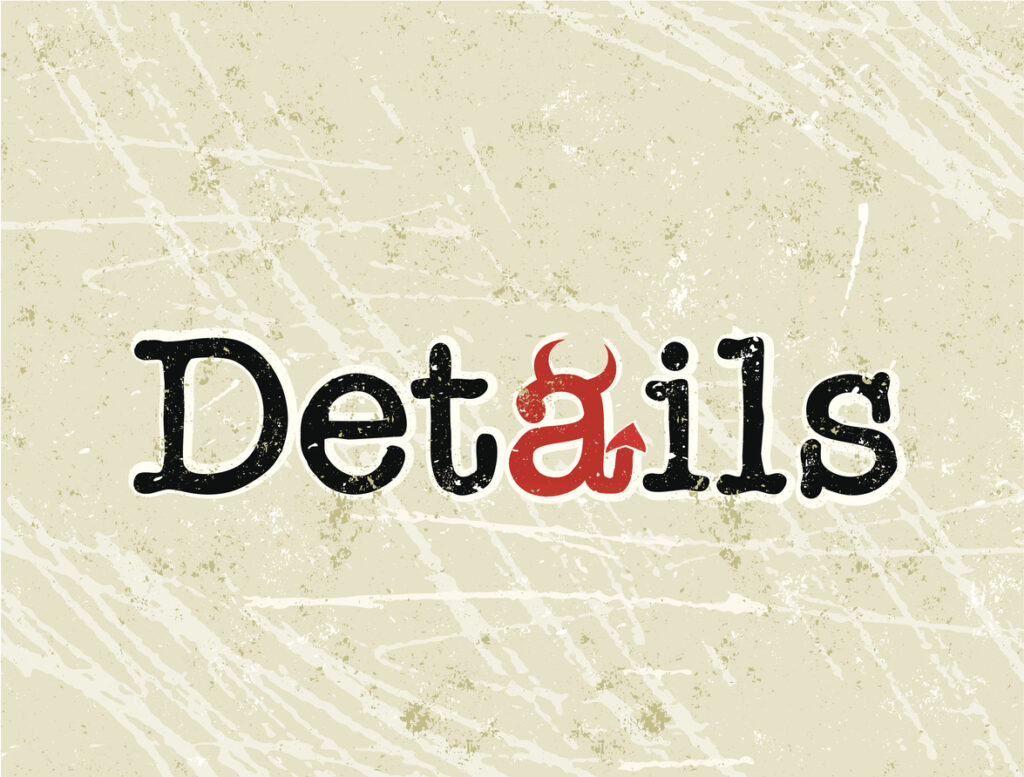crowdsourcing
noun
crowd·sourc·ing ˈkrau̇d-ˌsȯr-siŋ“The practice of obtaining needed services, ideas, or content by soliciting contributions from a large group of people and especially from the online community rather than from traditional employees or suppliers.” Merriam-Webster.com, August, 2024.
The Appeal of Crowdsourcing Advice

It’s tempting. Something upsetting just came up in your practice. You don’t know what to do, and you need answers now. Maybe you can’t wait until your liability insurance can offer a consultation. Perhaps your insurance doesn’t even offer this service. You feel at a loss as to where to turn, so you create a post to your trusty online community. It’s a private group, after all, and you’ll reach thousands of peers. Surely someone will have the answers!
Crowdsourcing is the practice of obtaining information and ideas from a large group of people, especially from an online community. Crowdsourcing has been applied to various domains such as business, education, science, and art. However, one of the most controversial and challenging applications of crowdsourcing is in the field of mental health, where professionals might seek advice from their online peer communities for help with complex or difficult issues.
Online Peer Consultation (OPC)
Online peer consultation (OPC) is a form of crowdsourcing where mental health providers post clinical, ethical, or legal questions to online platforms. OPC can be seen as a way of enhancing professional development, expanding clinical knowledge, reducing isolation, and improving client outcomes. It’s a way to connect and support one another in a challenging and often stressful field. However, OPC also poses potential ethical, legal, and clinical risks that need to be carefully considered and addressed.
Risk Management of What?
Before we delve into the six potential pitfalls, we first clarify what we mean by risk management. When we refer to risk management, we are talking about managing the risk of a serious clinical rupture or an adverse event.
Clinical Rupture
Depending on your theoretical orientation, some might argue that clinical ruptures are an unavoidable part of the therapeutic process that can be used productively in the therapy. We don’t disagree. That said, not all clinical ruptures hold therapeutic promise. Such ruptures may be preventable through the application of best risk management and clinical practices. Serious clinical ruptures can lead to interrupted care for the client and even a loss of trust in our field. For the provider, serious ruptures can be stressful and emotionally consuming.
Adverse Event
An adverse event, as it applies to mental health providers, can span a broad array of occurrences. An example of an adverse event is a formal complaint against a provider. Most clinical ruptures do not lead to a board complaint but most board complaints are preceded by a clinical rupture. Complaints can happen even when the provider follows the law. Therefore, risk management involves not just attending to what the law specifies for a given situation but also to how the situation might be handled clinically and ethically. Effective clinical management might help to prevent or diffuse a clinical rupture, which can in turn prevent the situation from escalating into an adverse event.
6 Pitfalls in Crowdsourcing Risk Management Advice in Mental Health
- The sources might be unreliable.
- The advice might reflect groupthink.
- Mental health providers can’t give legal advice.
- You could compromise your documentation.
- You lose control over confidentiality.
- The devil is in the details.
1. The sources might be unreliable.
In mental health, peer consultation is expected and encouraged. It can help to show that you took care to make decisions in line with what a reasonably prudent colleague would do in the same or similar situation. Peer consultation can be useful when you’re trying to answer questions within a shared field, scope of practice, and discipline that shares the same Code of Ethics.
A potential pitfall of OPC, however, involves the uncertainty about the quality and reliability of the information offered by peers who provide feedback. Unlike formal supervision or consultation, OPC may not have any quality control or verification mechanisms to ensure that the peers are licensed, experienced, or knowledgeable in the specific area of practice. Providers who use OPC should be aware of the limitations of the feedback they receive, and critically evaluate the sources, evidence, and applicability of the advice.
2. The advice might reflect groupthink.

In crowdsourcing, there’s also a risk of groupthink. Groupthink happens when the most popular or widely accepted ideas dominate, even if they are not the best solutions. In groupthink, we might become each other’s echo chamber, reinforcing beliefs that align with our own. The more that group members speak up in agreement, the harder it might be for others to offer an alternative opinion that is valuable but goes against the favored view.
This dynamic can occur in any group context, and perhaps even more so in groups where connection and cohesiveness are emphasized. Many of us in the mental health field tend to be highly relational, where it can be really uncomfortable to speak up against a tide of agreement. We all prefer harmony, validation, and connection. In fact, it is the context of cohesiveness that might make it more likely that we’ll engage in groupthink. We might worry that we are coming across sounding judgmental if we are to assert a dissenting voice.
3. Mental health providers can’t give legal advice.
You were probably required, as part of the licensing process, to show familiarity with state laws as they apply to your profession. However, this awareness is distinct from being qualified to advise others about the law. While your peers might be able to direct you to state statutes that are relevant to your query, they might not be aware of how that statute interfaces with other state laws, federal laws, or case law. While it can be okay to consider legal information shared by a colleague, keep in mind that one fact can turn a legal outcome on its head.
4. You might compromise your documentation.
Risk management experts typically advise clinicians to document any consultation that they receive around a specific issue. Whether you document the results of a consult in the client’s chart or in a separate file, a good question to ask is whether you will want to justify your actions, should they come under scrutiny, based on the consensus of a Facebook group. It might not come across as well as if you had documented that you had consulted with a specific credible source.
5. You lose control over confidentiality.
One of the most serious pitfalls of OPC is the potential breach of client confidentiality. Even if providers anonymize or disguise identifying information, there is still a risk of inadvertent disclosure or recognition by others who may know the client or the situation. Client management can be so case specific as to put you in a vulnerable position when you share this information online. Even posing the situation in the hypothetical could be recognized by the client or someone who knows the client. Moreover, online platforms may not have adequate security measures to protect the data from unauthorized access, hacking, or misuse.
6. The devil is in the details.

Applying generalized advice, as is offered by OPC, to unique cases can lead to an oversimplification of a complex clinical situation that requires a highly nuanced response. Effective risk management – clinical and legal – involves attending to minute details that are specific to your case, practice, and possibly even your state. It’s unlikely that OPC can accomplish this.
Conclusion
OPC is a form of crowdsourcing that can offer many benefits for mental health providers, such as expanding clinical knowledge, reducing isolation, and improving client outcomes. At the same time, OPC may pose significant ethical, legal, and clinical risks that need to be carefully considered. Providers might wish to seek alternative or complementary sources of consultation, such as supervisors, mentors, or experts.If you’d like to learn more about risk management and how your consent forms can be the single most important risk management tool that you have at your disposal, visit us at The Working Alliance.
